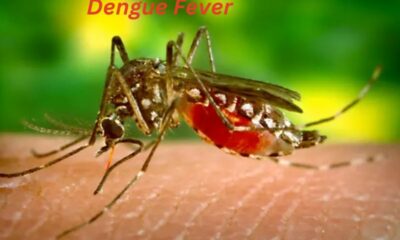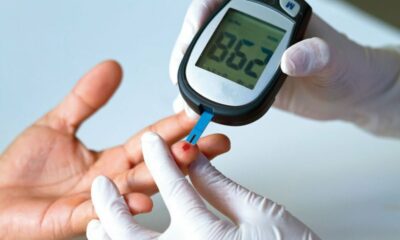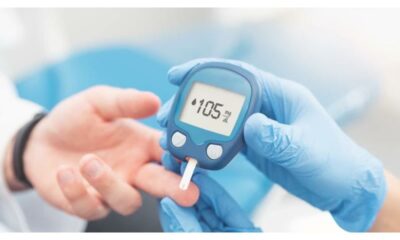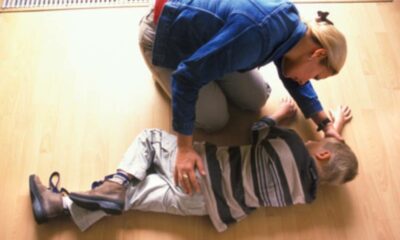Complex Trauma: What Is It?
Experts in trauma have recently identified a new type of trauma called complex trauma, which is characterized by protracted, repetitive experiences and symptoms unrelated to those of post-traumatic stress disorder (PTSD). Even though there are some similarities in the symptoms, complex trauma symptoms are more widespread and might cause unpredictable behavior, particularly in young children. It is essential to have a thorough grasp of these symptoms in order to offer helpful support.
Signs of Extensive Trauma
Difficulties with connection and relationships, difficulties controlling emotions and behavior, cognitive problems, alienation from reality, low self-esteem, and a pessimistic view of the world are all signs of complex trauma. It’s important to remember that every child will experience these symptoms differently and in various ways.
Children’s Complex Trauma and PTSD
Roughly 75% of adolescents will have gone through a traumatic event by the time they reach adolescence’s end. These encounters may lead to complex trauma or PTSD, which are disorders that cause people to feel erratic and uncontrollable. They could also struggle to trust people and feel safe. Reduced cerebral cortex size has been linked to early childhood trauma, which may have an impact on IQ and emotional regulation skills. In the absence of treatment, a person suffering from severe trauma or PTSD may find it difficult to carry out daily tasks and may encounter frightening nightmares and flashbacks.
Trauma’s Effect on Brain Development
Children’s brain development can be significantly impacted by complex trauma. Stress hormone levels can fluctuate, as can the amygdala, hippocampus, and prefrontal cortex. These alterations may have an impact on cognitive functioning and social interactions, make it harder to develop safe relationships, raise the risk of mental illnesses, and make it difficult to control emotions.
Unresolved Trauma
When traumatic events are not completely processed, integrated, or healed, it is known as unresolved trauma. This may result in symptoms like emotional dysregulation, mental disease, self-blame, unfavorable perceptions, and unhealthy coping mechanisms. Unresolved trauma may result from a combination of societal standards, heredity, and a lack of emotional support.
War and displacement’s effects on children’s development
Given the global backdrop, trauma, displacement, and war have a substantial effect on a child’s development, especially when it comes to refugee children. These kids frequently go through a variety of stressful experiences throughout their migration, which can have a long-term impact on their mental health and developmental consequences. The disproportionate number of children among refugees worldwide emphasizes how urgent it is to address this problem.
Helping Kids Who Have Seen Complex Trauma
A “trauma-assumed” strategy is suggested for the support of children who have undergone complicated trauma. This method comprises identifying the symptoms, obtaining a diagnosis, and pursuing the necessary medical care. There are other treatment options available, such as cold water therapy and therapy. It’s also critical to nurture a secure atmosphere where kids may express their emotions and to offer them emotional support. In order to offer complete help, it is essential to comprehend how behavioral issues, mental health issues, and trauma are interconnected.
In summary
Life-threatening traumatic incidents in childhood can have serious long-term impacts, but there is hope and support. Helping children overcome these obstacles and lead satisfying lives can be greatly aided by recognizing the symptoms of complex trauma and PTSD, getting professional assistance, and offering the required support.

 General Medicine1 week ago
General Medicine1 week ago
 Diabetology2 weeks ago
Diabetology2 weeks ago
 Diabetology2 weeks ago
Diabetology2 weeks ago
 General Medicine1 week ago
General Medicine1 week ago
 Diabetology5 days ago
Diabetology5 days ago
 Diabetology5 days ago
Diabetology5 days ago
 Diabetology3 days ago
Diabetology3 days ago
 Diabetology5 days ago
Diabetology5 days ago

















